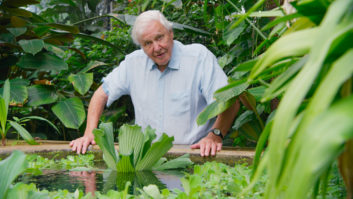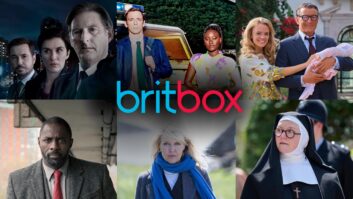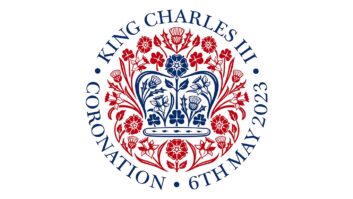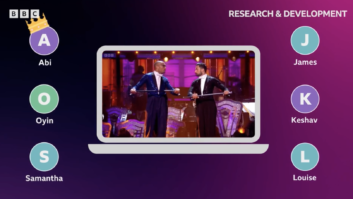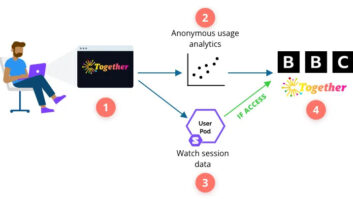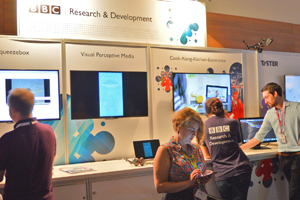
The BBC has announced plans for a five-year Data Science Partnership to “unlock the potential of data in the media”.
The aim of the project is to help the BBC become a better public service by using their data better.
The Corporation is partnering with eight universities in the UK on the project and will also collaborate with media and technology organisations from across the UK, Europe and internationally on a range of projects. These will focus on the following four areas, all combining anonymised BBC data with cutting-edge algorithms and analytics.
– Understanding audiences: Use data to better understand what audiences want from the BBC, why they want it, and what impact these programmes or services have on them
– Understanding content: Explore what machine learning can teach the BBC about its programmes and services,and what it stands to gain from it
– Curation and personalisation: Create a more personal BBC, designing tools and algorithms to help programme makers with editorial and commissioning decisions
– Content of the future: Design future audience experiences, based on BBC R&D’s object-based broadcasting concept, and new forms of data journalism
Andrew McParland from BBC R&D told TVBEurope the project will evolve during the five year period.
“Throughout this five year partnership we will be continuously collaborating with new organisations, which will vary depending on the nature of the project, ranging from large institutions, start-ups and other broadcasters. This will be through both formal schemes that leverage external funding for consortia based projects or directly with these organisations.”
McParland explained the personalisation in particular is a key topic at the corporation.
“Tony Hall has spoken about how fundamental personalisation is to reinventing the BBC,” he explained. “At the moment, audiences seek out a range of BBC services but may not be aware of all the content they’d like to get from us. So a BBC that’s centred on what an individual wants is better able to serve that content to them, however they want to consume it, on whichever device they want to use.”
“One example is somebody who likes sport, and reads an article about their favourite player on the BBC Sport website, but isn’t aware that the same player also gave an interview on the radio. By better understanding what the individual wants, and better understanding who and what appears in our content, we could automatically suggest that particular clip and offer it to them,” McParland continued.
“That’s just one example but the partnership will be imagining, and creating, completely new audience experiences that don’t exist yet.”
McParland said the hope is that the project will ultimately help the BBC to “provide a better public service”.
“The research will reveal the type of measures we can use, by combining audience and content data, to qualify the kind of impact the BBC is having on society, in line with our public purposes.
“We also want to evidence exactly how we are improving the lives of UK citizens in different ways. That might be around health and wellbeing, it might be more about educational attainment, it might simply be about encouraging citizens to behave differently to be the best that they can be.
“And we want to discover new ways of telling stories and relating information that can positively affect people’s lives,” concluded McParland.
The eight universities taking part in the project are the Universities of Bristol, Manchester, Edinburgh and Surrey, Imperial College London, Queen Mary University of London, Ulster University and University College London.
